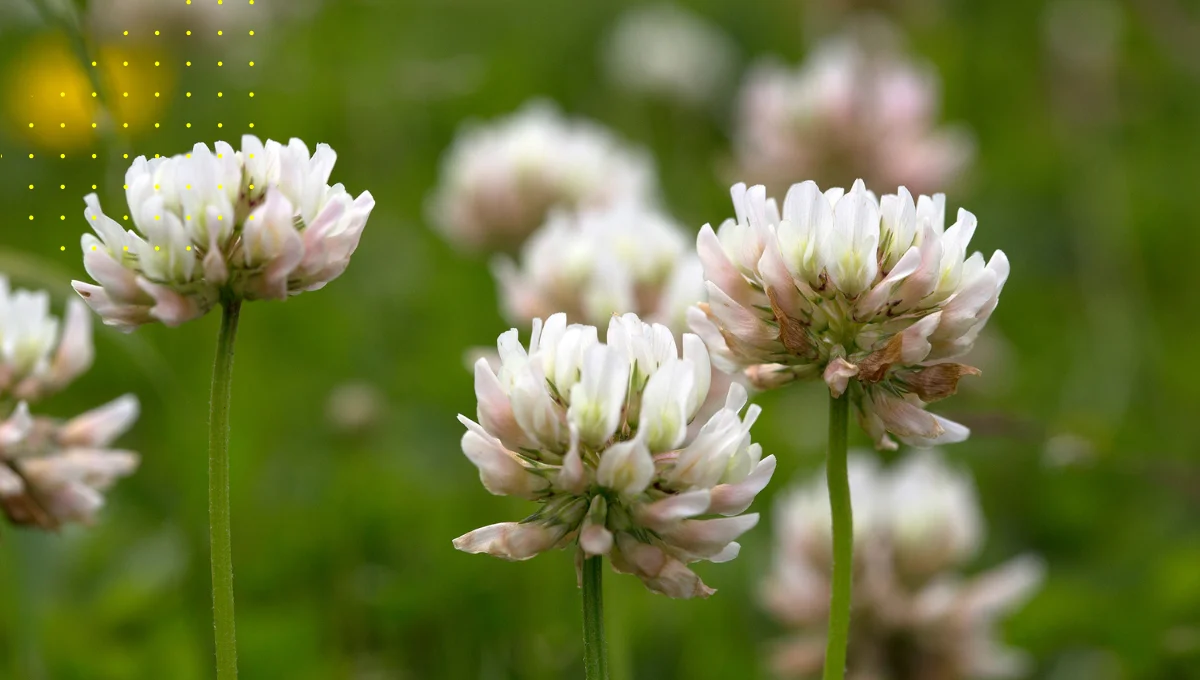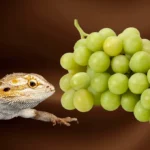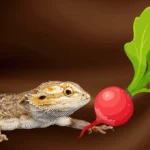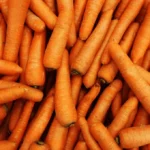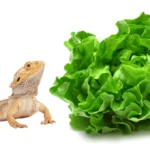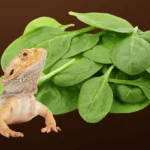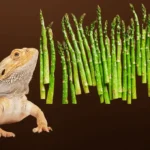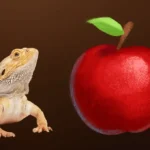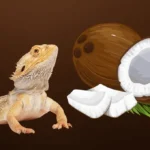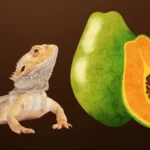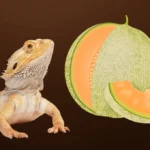Bearded dragons are omnivorous reptiles with a diet that includes insects, vegetables, fruits, and greens. Clover flowers, with their bright appearance and common presence in gardens and fields, may seem like an interesting addition to a bearded dragon’s diet.
However, it’s essential to understand whether clover flowers are suitable and safe for these reptiles. This article explores the benefits, risks, and guidelines for feeding clover flowers to bearded dragons.
Nutritional Profile of Clover Flowers
Clover flowers are part of the clover plant family, which includes several species commonly found in gardens and meadows. Here’s an overview of their nutritional profile:
Vitamins in Clover Flowers
Clover flowers contain several vitamins that can contribute to a bearded dragon’s diet:
- Vitamin C: Supports immune health and collagen production. While not the primary source, it can contribute to overall health.
- Vitamin K: Important for blood clotting and bone health.
Minerals in Clover Flowers
Clover flowers provide various minerals:
- Calcium: Essential for bone health and muscle function. The calcium content in clover flowers can contribute to a balanced diet but should be supplemented with other sources.
- Potassium: Helps regulate fluid balance and muscle function.
Fiber Content
Clover flowers contain fiber, which supports digestive health and can help prevent constipation. Fiber aids in maintaining regular bowel movements.
Water Content
Clover flowers have a moderate water content, which can help with hydration but should not replace fresh water or hydrating vegetables.
Benefits of Feeding Clover Flowers to Bearded Dragons
Feeding clover flowers to bearded dragons can offer several benefits when done in moderation:
1. Nutritional Variety
Clover flowers can add variety to a bearded dragon’s diet. Offering a range of different foods helps prevent nutritional deficiencies and keeps the diet interesting.
2. Digestive Health
The fiber content in clover flowers supports digestive health by promoting regular bowel movements and preventing constipation.
3. Hydration
While not a primary source of hydration, the water content in clover flowers can contribute to overall fluid intake.
Risks and Considerations When Feeding Clover Flowers
While clover flowers can be a beneficial addition to the diet, there are risks and considerations to keep in mind:
1. Pesticide Exposure
Clover flowers may be treated with pesticides or other chemicals. It’s essential to ensure that any clover flowers fed to your bearded dragon are thoroughly washed and free from harmful substances. Organic clover flowers are a safer option.
2. Limited Nutritional Value
Clover flowers should not be the primary food source for bearded dragons. They offer some nutrients but should be balanced with other vegetables, fruits, and insects to ensure a well-rounded diet.
3. Allergic Reactions
While rare, some bearded dragons may have sensitivities or allergies to certain plants. Monitor your bearded dragon for any adverse reactions after introducing clover flowers into their diet.
4. Potential for Overconsumption
Feeding clover flowers in large amounts can lead to an unbalanced diet. It’s important to offer them in moderation and as part of a varied diet.
How to Safely Feed Clover Flowers to Bearded Dragons
To safely include clover flowers in your bearded dragon’s diet, follow these guidelines:
1. Offer in Moderation
Feed clover flowers as an occasional treat rather than a regular part of their diet. A small amount, such as a few flowers or leaves, is sufficient.
2. Prepare Properly
Wash clover flowers thoroughly to remove any pesticides or contaminants. Ensure they are free from harmful chemicals before offering them to your bearded dragon.
3. Balance with Other Foods
Ensure that clover flowers are part of a balanced diet that includes a variety of other foods, such as insects, vegetables, and greens. This helps provide all necessary nutrients.
4. Monitor for Adverse Reactions
Observe your bearded dragon after introducing clover flowers into their diet. Watch for any signs of digestive discomfort or changes in behavior. If any adverse effects are noticed, discontinue feeding clover flowers.
Alternative Greens and Flowers for Bearded Dragons
If you’re looking for other greens and flowers to include in your bearded dragon’s diet, consider these options:
| Green/Flower | Nutritional Benefits | Feeding Frequency |
|---|---|---|
| Dandelion Greens | High in calcium and antioxidants | Daily |
| Hibiscus Flowers | Rich in vitamins and antioxidants | 2-3 times a week |
| Mustard Greens | High in calcium and vitamins A and K | Daily |
| Collard Greens | High in calcium and vitamins A and C | Daily |
| Clover Leaves | Provides fiber and some vitamins | 2-3 times a week |
These alternatives offer various nutritional benefits and can be included in a well-rounded diet.
Conclusion
Clover flowers can be a beneficial and enjoyable treat for bearded dragons when fed in moderation. They provide fiber, vitamins, and some hydration but should not replace more nutritionally balanced foods. By choosing safe sources and following proper feeding guidelines, you can contribute to a diverse and healthy diet for your bearded dragon.
